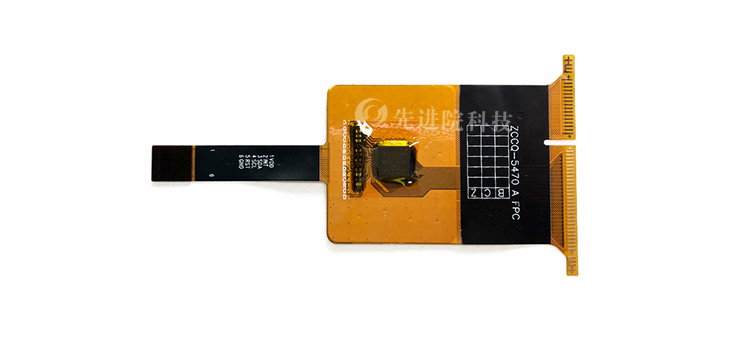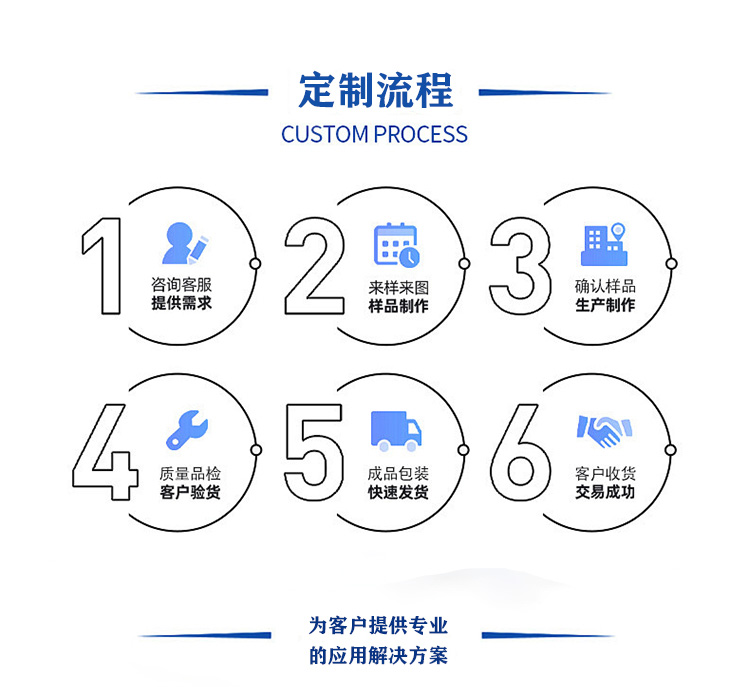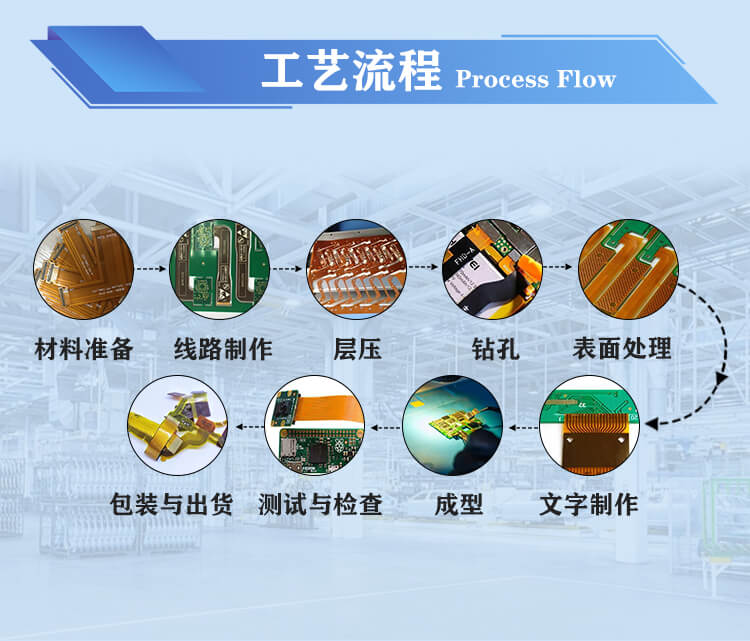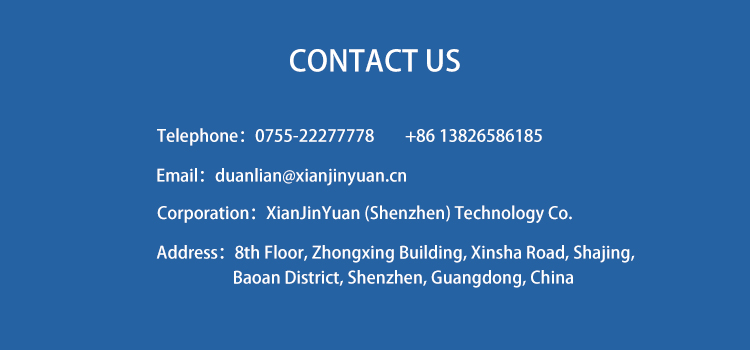The FPC board, also known as the Flexible Printed Circuit, is an essential electronic component in tablet computers.
Product characteristics
- Flexibility: FPC flexible board has good flexibility and can be bent and folded freely, which makes it very suitable for devices such as tablets that require compact space and flexible design.
- Thin and light: The substrate of FPC flexible board is usually made of lightweight materials such as polyimide (PI) or polyester (PET), with a thickness of about 0.1mm, which helps to reduce the weight and thickness of tablet computers.
- High temperature resistance: Due to the use of high-temperature resistant substrates, FPC flexible boards can withstand high temperature welding and other processes, ensuring stability during the manufacturing process of tablet computers.
- High density: FPC flexible board can arrange high-density circuits, making the internal circuit connections of the tablet computer more compact, improving the integration and performance of the device.
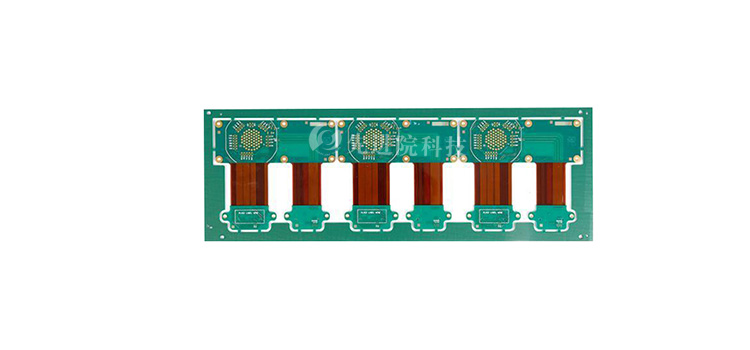
product mix
The structure of the FPC soft board for tablet computers mainly includes the following parts:
- Substrate: Made of flexible insulation materials such as polyimide (PI) or polyester (PET), providing good high temperature resistance and insulation properties.
- Copper coating: A layer of copper foil covering the substrate to form conductive lines. Copper foil has good conductivity, ensuring stable signal transmission.
- Cover film: also known as protective film, covering the surface of copper foil to provide protection and prevent damage to the circuit.
- Adhesive layer: used for bonding between layers to increase structural stability.
Product Application
The FPC soft board for tablet computers plays a crucial role and is mainly used in the following areas:
- Connecting internal components: FPC soft board is used to connect various components inside the tablet computer, such as motherboard, display screen, camera, battery, etc., to achieve signal and power transmission.
- Improve design freedom: Due to the flexible nature of FPC soft boards, designers can more flexibly design the appearance and internal structure of tablet computers, fully utilize space, and improve the aesthetics and practicality of products.
- Reducing weight and thickness: The lightweight and thin nature of FPC soft boards helps to reduce the weight and thickness of tablet computers, making the devices more portable and user-friendly.
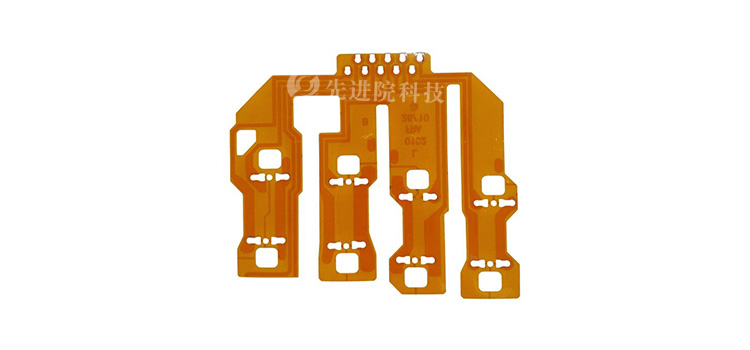
Product advantages
- Improving signal transmission speed: The short wire structure and lower resistance of FPC soft boards help to improve signal transmission speed, reduce signal loss, and ensure stable operation of tablet computers.
- Enhanced durability: FPC flexible board has certain tensile and bending resistance, which is conducive to improving the durability of tablet computers and extending the service life of equipment.
- Reducing installation costs: The flexible nature of FPC boards simplifies the installation process, reduces installation difficulty and costs, and improves installation reliability and efficiency.
In summary, the FPC soft board of tablet computers plays a crucial role in tablet computers due to its unique characteristics of flexibility, thinness, high temperature resistance, and high density. It not only improves the design freedom and performance of products, but also reduces installation costs and weight, making it an indispensable component in modern electronic devices.